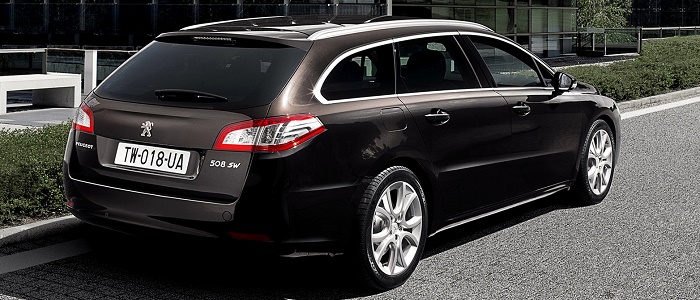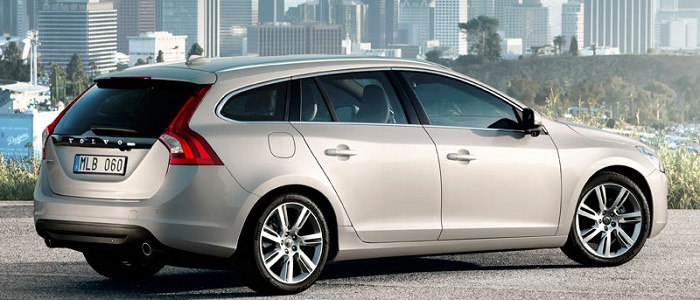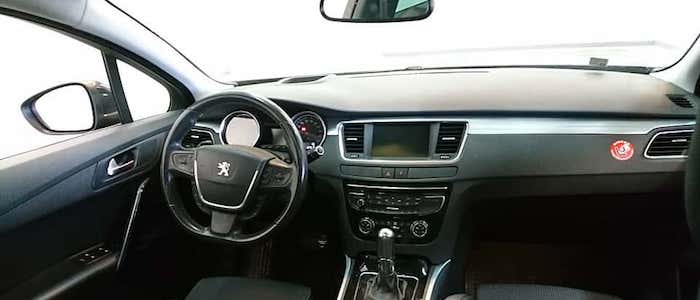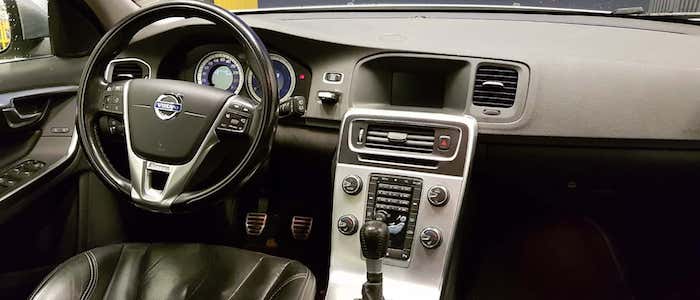Compare two cars
Compare any two cars and get our Virtual Adviser™ opinion
Dimensons & Outlines
Check vehicle history
Engine
Performance (manual gearbox)
Performance (automatic gearbox)
Expenses
Virtual Adviser's™ opinion
Well, these are two pretty similar cars we have here! It's only details that could potentially make the difference. Considering they both belong to the large family car segment and utilize the same 5-door wagon body style and the front wheel drive system, it all comes up to the specific diesel engine choice they offer. Both the engines are Peugeot-engineered . The first one has a 4-cylinder, 8-valves 112hp unit, while the other one gets its power and torque from a 4-cylinder, 8-valves 114hp one.
SafetyBoth vehicles got tested by European New Car Assessment Programme (Euro NCAP), with the same number of safety stars gained in the process. Moving further on, let's take a closer look at some additional safety-related facts. Both vehicles belong to the large family car segment, which is generally a good thing safety-wise, but it doesn't do much to help us decide between the two. On the other hand, if we'd like to consider vehicle mass in this context too, which we definitely should, the Swedish car offers a marginal difference of 3% more metal.
ReliabilityI don't like generalizing things when it comes to reliability, although it does seem that Peugeot does have a slight advantage, when all the models are taken into account. These are the results of an independent reasearch, while our visitors describe reliability of Peugeot with an average rating of 4.3, and models under the Volvo badge with 3.2 out of 5. Independent research findings rank 508 as average reliability-wise, and V60 is more or less at the same level.That apart, owners of different cars powered by the same engine as the French car rank it on average as 3.8, while the one under the competitor's bonnet gets 4.4 out of 5.
Performance & Fuel economyBoth of the cars accelerate exactly the same, so we couldn't put one above the other. Car No. 2 is faster though, reaching top speed of 190 kilometers per hour, 2km/h more than the other car. When it comes to fuel economy things look pretty much the same for both cars, averaging around 4.7 liters of fuel per 100 kilometers (61 mpg), in combined cycle.
Verdict
Peugeot appears just a bit more reliable, although the difference is truly marginal. The most important thing when deciding between any two vehicles should always be safety, both passive and active. In my opinion, everything taken into account, the Swedish car offers slightly better overall protection and takes the lead. It all continues in the same direction, with Volvo offering somewhat better performance, just enough to call it quicker. To make things even better, it consumps less fuel! I believe that, when we take all into account, we have only one winner here - the Volvo. Nevertheless, let's not forget that people have different preferences and needs, so what really counts is your personal feel. I'm only here to help. Also, you could use the oportunity to find out which car, everything taken into account, would be the perfect choice for you in the eyes of the virtual adviser™, among thousands of similar, yet so different vehicles.
































